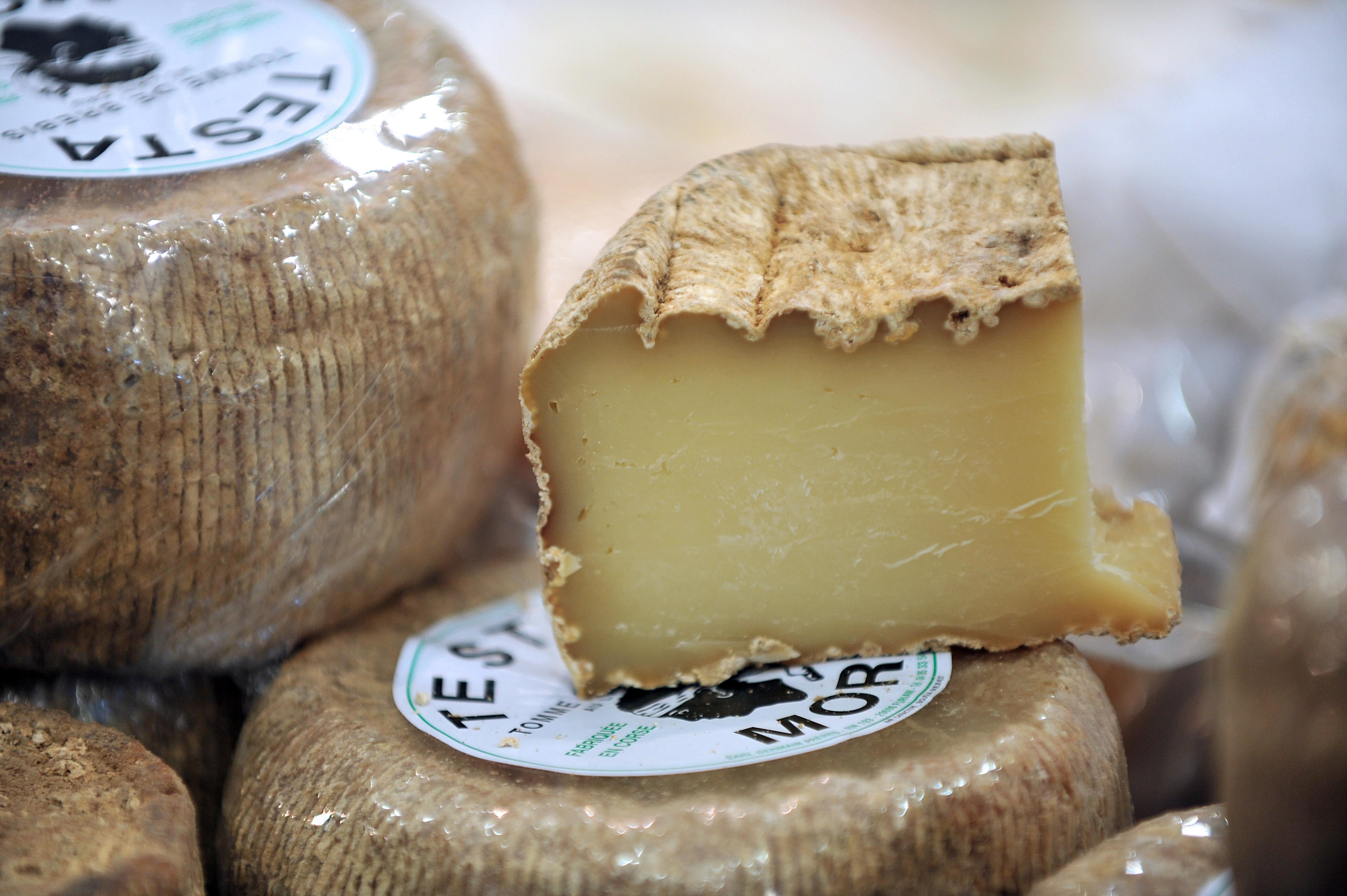I grew up near Murray’s Cheese Shop in New York, so I was tickled to see it show up in a Planet Money segment today as an example of how the ups and downs of the Eurozone impact the United States. The majority of the cheese sold in Murray’s comes from Eurozone countries, so when the price of the Euro falls the dollar-denominated price of European cheeses falls. I was expecting the story to go in the direction of the impact of exchange rate fluctuations on America’s net exports, but the report suggests that the cheese shop’s profitability is directly on the line here: In normal times, the exchange rate from dollars to euros is pretty steady. But these days, because of the sovereign debt crisis over there, the exchange rate is jumping all over the place. And here’s how the European debt crisis affects [Aaron] Foster: the cheaper he can buy the cheese, the bigger a bonus he gets. When things get worse in Europe the euro drops in value, and the cheese gets cheaper. And when this happens Foster’s bonus gets bigger.What you see here is a business that needs to be hedging its exchange rate risk in futures markets. Here we see a person who ought to be hedging his exchange rate risk in futures markets. Foster is a cheese guy, not a currency guy. The idea is that he should know cheese. In particular, he should know how to identify a good price on a good cheese. But what he’s become is an accidental currency speculator. Since he buys cheese with Euros and sells it in dollars, in times of anxiety whether or not a given deal is profitable depends a lot on the fluctuations of the foreign exchange market. Each purchase of cheese is, implicitly, a bet on the price of the Euro. What he could be doing in principle is going to the foreign exchange market and placing actual foreign exchange bets designed to precisely offset the implicit bets he’s making when he buys cheese. That way he neither wins nor loses if the Euro goes up or down, and his bonus will depend solely on his cheese acument. And since cheese is what he knows best, that’s a better situation for him to be in than for his living to be determined by a hazy mixture of how good he is at his job plus whether or not some Eurocrat somewhat does or doesn’t spook financial markets. Conveniently, somewhere on the other side of the Atlantic is some other businessman with the same problem but in roughly the opposite direction who’d also like to place risk-hedging FX bets. But to connect the business of the American businessman and the European businessman, you don’t just need middlemen. You need a really deep, liquid market with lots of participants. And to get that, you need plenty of speculators. You need to be confident that for whatever bet a cheesemonger wants to make to neutralize his currency risk that there’s some punter somewhere willing to take the other side of the action. This is why speculative actions that sometimes look to people like zero-sum gambling can, in fact, have meaningful social value. Lots of people all around the world in importing or exporting trades benefit if they don’t need to moonlight as currency speculators. But for them to do that, you need some genuine full-time currency speculators to be in the mix.
How Currency Speculators Help Cheesemongers

Corsican sheep’s milk cheese. Delicious.
Photo by ALAIN JOCARD/AFP/Getty Images
Advertisement